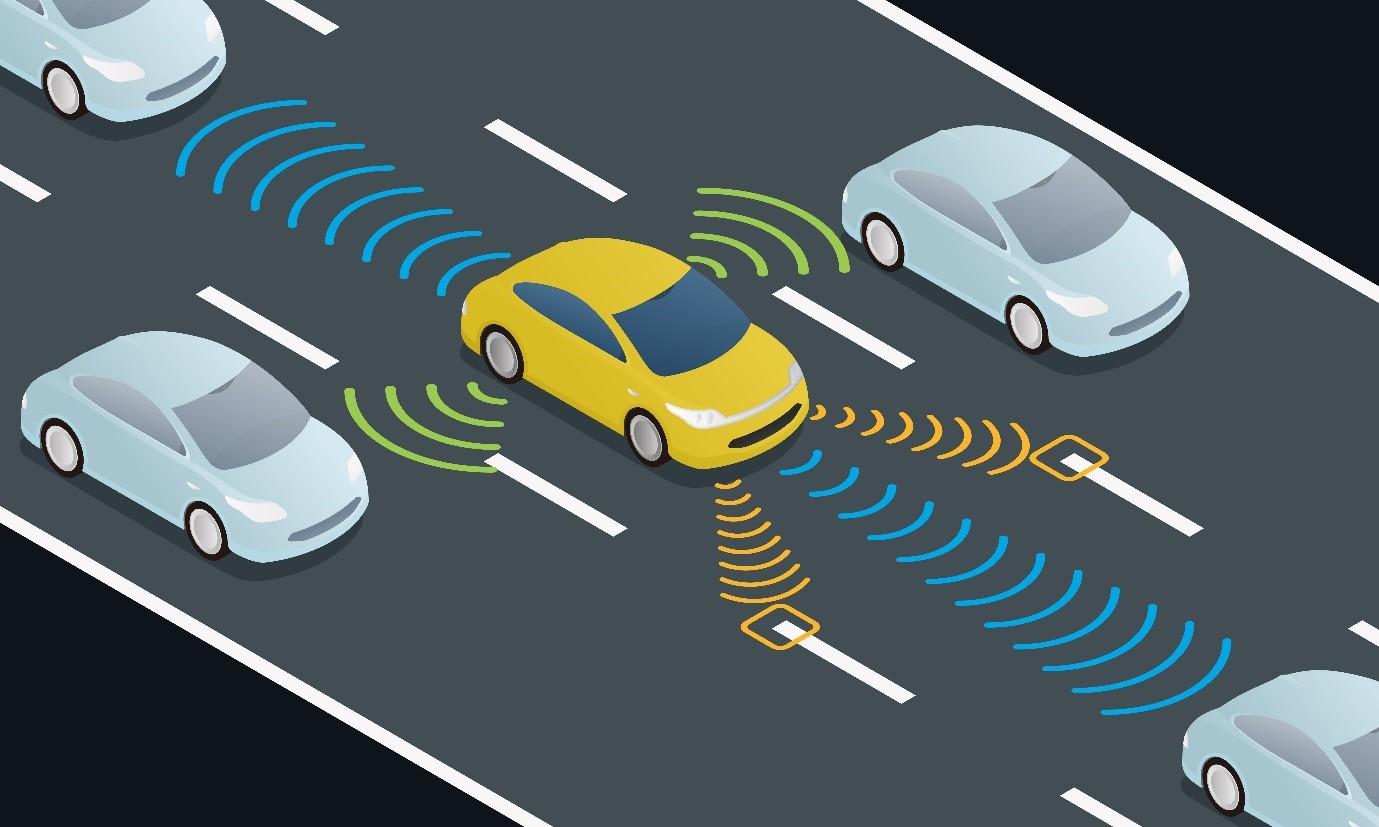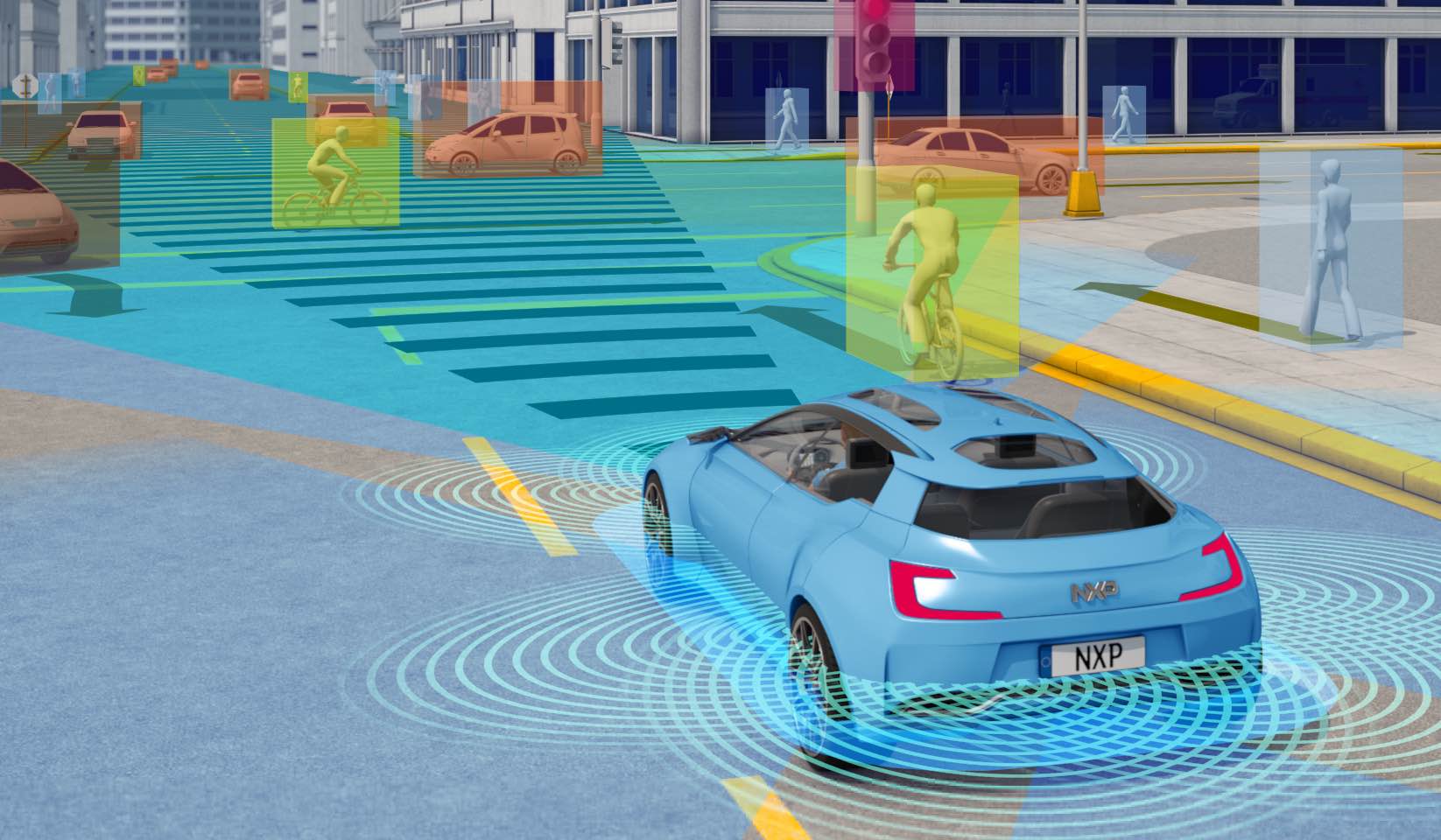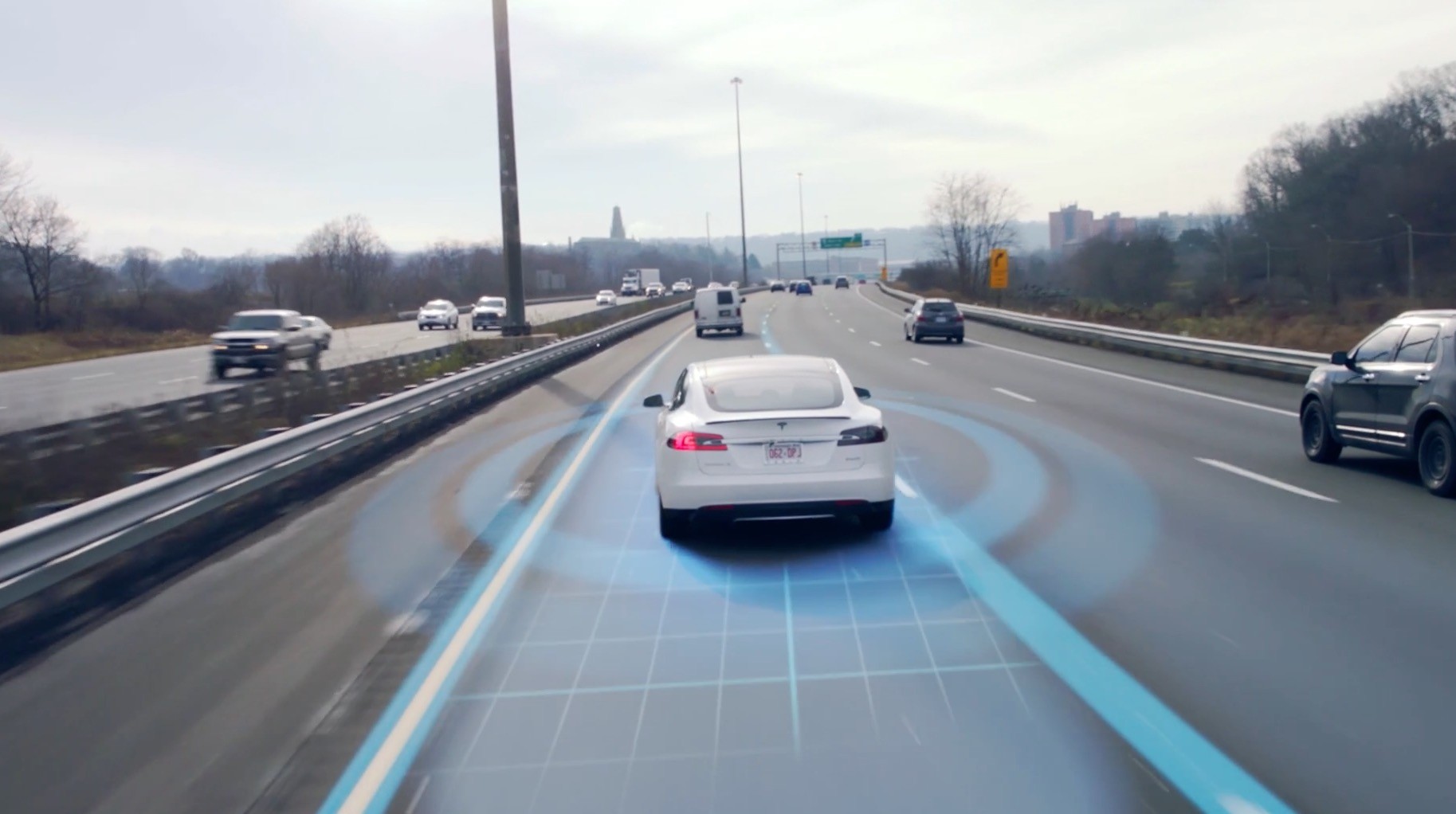Top 10 Benefits of Autonomous Cars
Explore the top 10 advantages of autonomous cars, emphasizing their safety features and potential to redefine driving.

Are autonomous cars safer? This question is at the forefront of the ongoing conversation surrounding the future of transportation. With the rapid advancement in technology, autonomous cars are moving from the realm of science fiction to reality, promising to revolutionize the way we travel. Beyond just an intriguing technological feat, these vehicles offer a host of benefits that could dramatically improve road safety, efficiency, and the overall driving experience. In this article, we explore the top 10 advantages of autonomous cars, particularly focusing on their safety features and the potential to redefine driving.
Autonomous Cars: A Safer Future on the Roads?
The primary allure of autonomous cars is their potential to significantly reduce the number of accidents on our roads, which are predominantly caused by human error. Equipped with advanced sensors, cameras, and AI, these vehicles can make split-second decisions and react faster than a human ever could, heralding a future where roads are much safer for everyone. But safety is just the beginning; let's delve into the other benefits that make autonomous cars a game-changing innovation.
List of Top Choices
- Greater Road Safety
- Reduced Congestion
- Environmental Gains
- More Productivity
- Greater Independence
- Reduced Transportation Costs
- New Transportation Models
- Improved Urban Planning
- Boosted Economic Growth
- More Time for Leisure Activities
Greater Road Safety

- Advanced sensing technologies detect potential hazards faster than humans.
- Real-time data processing allows for quick adaptation to road conditions.
- Quicker reaction times can reduce collisions significantly.
The consensus among experts is that are autonomous cars safer than those operated by humans? The answer leans towards a resounding yes. Autonomous vehicles come equipped with an array of sensors and technologies designed to sense their surroundings with greater accuracy and react faster than a human driver could. This capability could lead to a drastic reduction in accidents caused by factors such as driver distraction, impairment, or simple human error—making roads safer for drivers, passengers, and pedestrians alike.
Reduced Congestion
- Autonomous vehicles can communicate with each other to optimize traffic flow.
- Efficient driving reduces the occurrences of traffic jams caused by human error.
- Potential for reduced need for traffic stops and idling.
The question of are autonomous cars safer than human drivers extends beyond the simple reduction of road accidents. These vehicles have the potential to greatly diminish traffic congestion. By communicating with each other, autonomous cars can travel at optimized speeds and maintain ideal distances, minimally impacting the flow of traffic. This connected driving could alleviate the frequent stop-and-go that characterizes much of today's urban and suburban traffic, making commute times faster and less stressful for everyone on the road.
Environmental Gains
- Reduced emissions from decreased congestion and optimized driving patterns.
- Electric autonomous vehicles further decrease pollution levels.
- Efficient route management and speed optimization improve fuel economy.
In answering are autonomous vehicles safer for our planet, it’s clear that the environmental benefits are significant. Through smoother traffic flow and enhanced driving efficiency, autonomous cars can substantially cut down on fuel consumption and emissions. Furthermore, as many autonomous vehicles are electric, they inherently produce fewer pollutants. This dual reduction in traffic congestion and vehicle emissions could contribute to cleaner air and a healthier environment.
More Productivity

- Transforming commute time into productive or relaxing time.
- Allowing passengers to work, read, or even sleep while traveling.
- Reducing the stress and fatigue associated with daily driving.
Considering are driverless cars safer options for making better use of our time, the answer highlights a significant benefit of autonomous cars: enhanced productivity. By transferring the task of driving from humans to machines, passengers can utilize their commute time more effectively, whether it's for work, leisure, or rest. This shift not only makes individual passengers more productive but could also have broader positive implications for society's overall health and well-being, as it reduces driving-related stress and fatigue.
Greater Independence
- Mobility for those who cannot drive due to age, disability, or other factors.
- Increases accessibility to transportation for underserved populations.
- Enhances quality of life by providing more freedom and flexibility.
The discussion around are driverless cars safer than human drivers also touches on the transformative impact of providing greater independence. For individuals unable to drive, autonomous cars offer a new lease on life; they unlock access to personal and professional opportunities by making travel easy, safe, and accessible. This leap towards greater autonomy could significantly enhance the quality of life for the elderly, visually impaired, and others facing mobility challenges, reinforcing the notion that autonomous cars aren't just about safety — they're about freedom too.
Reduced Transportation Costs
- Lower accident rates could decrease insurance premiums.
- Optimized driving and car-sharing reduce individual car ownership costs.
- Efficiency in fuel usage contributes to savings on operational expenses.
The financial aspect of vehicular travel sees a positive shift with autonomous technology. The efficiency and safety features of self-driving cars promise to lower the costs associated with transportation. By minimizing accidents, autonomous vehicles can significantly reduce insurance premiums. Furthermore, the possibility for optimized car-sharing could decrease the necessity for individual car ownership, presenting substantial savings. This financial relief extends beyond just the cost of purchasing a vehicle, encompassing fuel and maintenance savings due to the efficiency of autonomous operations.
New Transportation Models

- Enables on-demand car services, reducing the need for personal car ownership.
- Promotes the use of shared vehicles, making transportation more accessible.
- Encourages the development of new business models in the automotive sector.
The advent of autonomous vehicles is not just about improving the existing framework of transportation but revolutionizing it entirely. This technology paves the way for new, innovative transportation models that could significantly impact how we think about travel. On-demand car services and shared vehicle use become more feasible and attractive options, potentially reducing the overall number of cars on the road and thereby decreasing traffic congestion and pollution. Moreover, this shift could spur significant growth in the automotive sector, leading to the emergence of new businesses and opportunities.
Improved Urban Planning
- More efficient use of space with less need for parking.
- Pedestrian and cyclist-friendly cities through reduced vehicle presence.
- Enhanced public spaces with greener, more community-focused designs.
Autonomous vehicles offer an exciting prospect for urban planners looking to reimagine city landscapes. With fewer cars needed on the road and for parking, more space can be devoted to public parks, pedestrian paths, and bike lanes, making cities more livable and environmentally friendly. This shift towards more efficient and optimized urban design not only improves the aesthetic and functional aspects of city living but also promotes healthier, community-driven lifestyles. As a result, cities could evolve into greener, more sustainable places that prioritize the well-being of their inhabitants.
Boosted Economic Growth
- Creation of new jobs in technology, engineering, and the automotive industry.
- Stimulation of investment in research and development of autonomous technology.
- Expansion of the service economy with autonomous deliveries and mobility services.
The emergence of autonomous vehicles is set to stimulate economic growth in several ways. By fostering innovation, these cars are creating new jobs in tech, engineering, and beyond. The necessity for continuous improvement in autonomous technologies encourages substantial investment in research and development, further fueling economic activity. Additionally, as these vehicles give rise to new forms of service delivery and mobility solutions, the service economy is poised for expansion, contributing to overall economic vitality and diversity. The ripple effects of this growth can benefit numerous sectors, enhancing the prosperity of entire communities.
More Time for Leisure Activities
- Autonomous vehicles free up time spent on driving for leisure and relaxation.
- Less time commuting increases opportunities for personal pursuits and hobbies.
- Improves mental health by reducing commute-related stress.
One of the most personally impactful benefits of autonomous cars is the gift of time. Freed from the demands of driving, individuals can use their commute for rest, hobbies, or any leisure activity they choose, contributing to a better work-life balance and mental health. This newfound time can be used to cultivate personal interests, strengthen family bonds, or simply unwind, offering an invaluable boost to quality of life. Through the lens of autonomous technology, the future of transportation is not just a journey from point A to B; it's an opportunity for personal growth and happiness.
Autonomous vehicles stand on the brink of transforming the automotive landscape, promising an array of benefits that go far beyond the mere convenience of not having to drive. By significantly enhancing road safety, reducing congestion, contributing to environmental protection, and offering unparalleled levels of productivity and independence, these vehicles have the potential to reshape urban living and foster economic growth. Furthermore, by enabling new transportation models and improving urban planning, autonomous cars open up new avenues for innovation and lifestyle improvements, ultimately leading to a future where traffic accidents are rare, commutes are stress-free, and cities are greener and more livable. As we stand on the cusp of this revolutionary shift, the promise of autonomous vehicles heralds a safer, more efficient, and more enjoyable future for all road users.
What's Your Reaction?



























































